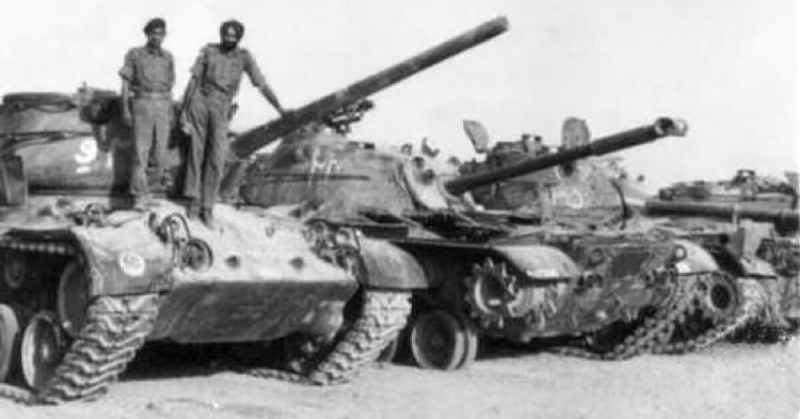Though many wars throughout human history have dragged on for years, others ended far sooner. In fact, the results of some of the quickest wars are still felt in the politics and geography of the modern world today. From military conflicts that lasted for only two weeks to those that were won and lost in less than one hour, here are the five shortest wars in recorded history.
The shortest war in human history broke out on the 27th of August, only to end less than one hour later. It is a matter of historical fact that the conflict lasted for a mere 38 minutes, with British imperial forces defeating the Sultan of Zanzibar in record time.
Until this point, the nation had been ruled by Hamad bin Thuwaini, a man who was more than happy to work in tandem with the British. When he died, his nephew, Khalid bin Bargash, declared himself Sultan and occupied the palace. Having already selected their own ideal candidate for this role, the British gave the new Sultan a set time by which he had to abdicate.
The Anglo-Zanzibar War (Duration: 38 Minutes)
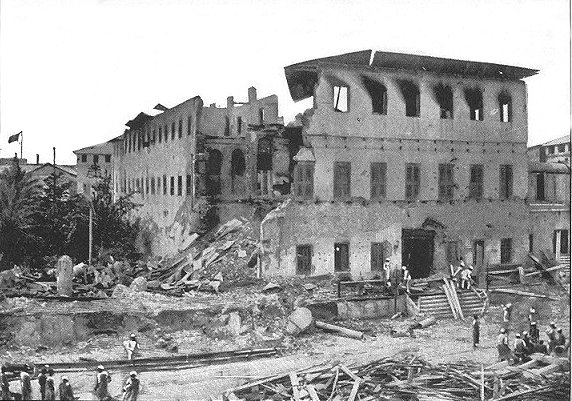
Bargash failed to meet the ultimatum, and British warships in the bay opened fire. The bombardment was brutally effective, and Bargash quickly fled the palace, taking refuge in the German embassy before he slipped away from the city entirely. To reinforce the unquestionable dominion of the Empire, Britain billed Zanzibar for the shells they’d used to attack the palace.
The Six Day War (Duration: 6 Days)
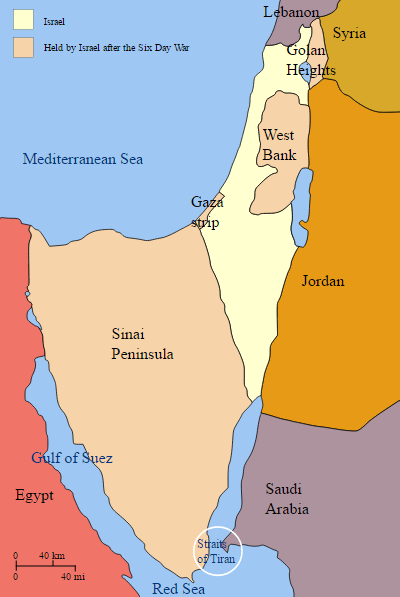
Although it is probably the second-shortest war in recorded history, there can be no doubt that its aftermath and outcome have had long-lasting effects. In fact, the decisive Israeli victory that ended the conflict still shapes the political landscape of the area in the 21st Century, more than half a century later.
In summer 1967, after a long build-up of regional tensions, Egypt began marshaling forces along the border with Israel. In response, Israeli troops began a massive pre-emptive offensive on the 5th of June. The United Nations began to work towards a cease-fire immediately, but by the 10th of June Israel had captured the Gaza Strip, the West Bank, Eastern Jerusalem, and the Golan Heights.
It was a decisive victory; while Israel lost less than a thousand men, Arab casualties numbered more than 20,000. On the 11th of June, a cease-fire was signed.
Indo-Pakistani War of 1971 (Duration: 13 Days)
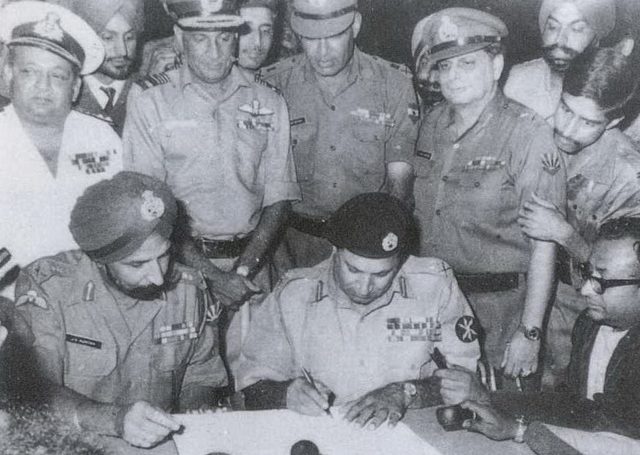
Lasting only 13 days, the Indo-Pakistani War in 1971 began on the 3rd of December and came to an end on the 16th of December, with the fall of Dhaka. The war was closely linked Liberation War of Bangladesh, and began with aerial strikes against Indian air bases.
The hostilities commenced following the election in Pakistani in 1970, when the East Pakistani Awami League manage to gain 167 of 169 seats in the region. Pakistan’s forces were soon defeated, suffering roughly 9000 casualties, while their opponents lost less than half that number. More than eight million civilians fled to India in search of refuge during the conflict, while at least 300,000 died in Bangladesh alone. Some estimations put that number much higher.
Serbia-Bulgarian War (Duration: 14 Days)
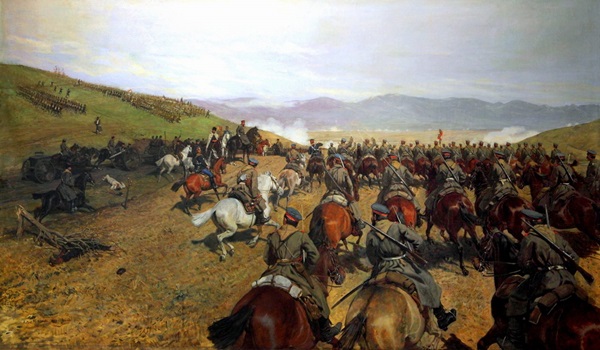
The fourth-shortest war in recorded history broke out on the 14th of November 1885, with hostilities flaring up between the nations of Serbia and Bulgaria. The conflict lasted for only 14 days, ending on the 28th of November with a decisive Bulgarian victory. They lost roughly 550 men, while Serbia sustained a casualty count of between 700 and 800. Serbia’s clear defeat prompted authorities in Austria-Hungry to threaten retaliation.
The Viennese ambassador to Belgrade met with Bulgarian military officers and demanded an immediate end to their activities. Failing to meet their demands would have precipitated military actions on the part of the Austria-Hungarian army, and so a cease-fire was quickly signed. In the aftermath of the conflict, the rest of European was prompted to recognize the unification of Bulgaria, which had come into effect on the 18th of September 1885.
The Georgian-Armenian War (Duration: 24 Days)
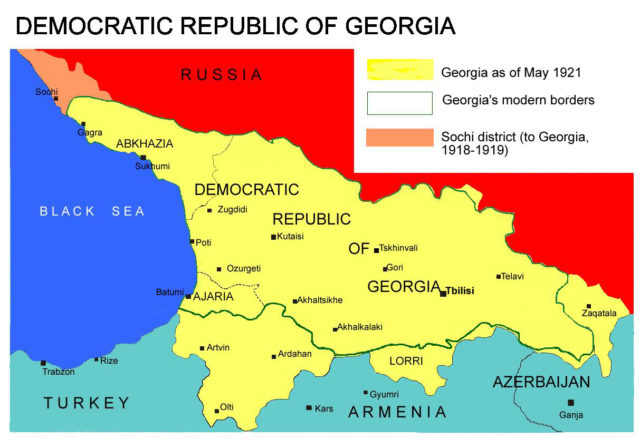
The Georgian-Armenian war lasted only 24 days, but during that time hundreds, if not thousands, died. The Democratic Republic of Armenia and the Democratic Republic of Georgia entered into a military conflict for the control of the provinces known as Lori, Borchali, and Javakheti. Though these regions were hotly disputed, the populations therein were by the late 1800’s primarily Armenian.
For some time the provinces had been under the control of Ottoman forces, but when they withdrew, Armenia and Georgia both moved to secure the region. Beginning on the 7th of December 1918 and ending on the 31st, neither side achieved a clear victory. A cease-fire came into effect, and the territory in question was placed under the mutual control of both the Georgian and Armenian governments.
